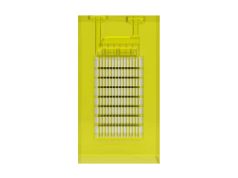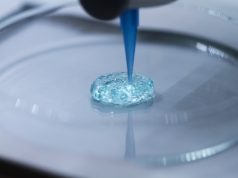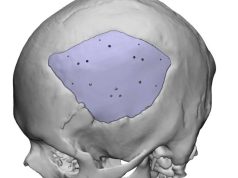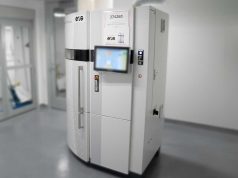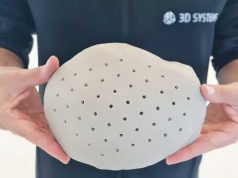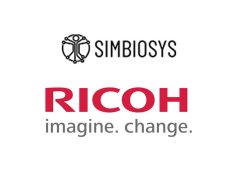Her heart beats for research – especially for cardiology. With the development of innovative three-dimensional cell models based on 3D printing technology, Dr. Christine Maria Poch simulates the complexity and functionality of the heart.
These models make it possible to realistically simulate and better understand the reactions of the heart muscle to various therapies.
“Despite the numerous possibilities of conventional treatment methods in cardiology, these are not sufficient for some patients to compensate for the lack of regeneration potential of the human heart. I am therefore convinced that research into cardiac stem cells can open up new avenues in the treatment of heart disease.”
Poch’s current research project, funded with 210,000 euros by the Hamburg Jung Foundation, focuses on cardiac regeneration. The aim is to cultivate human ventricular progenitor cells using 3D printing technology in order to investigate their potential for repairing heart tissue after a heart attack.
“We are investigating how these cells can recognize damaged heart tissue and transform themselves into functional heart tissue,” says Poch.
In the long term, this research could help revolutionize the treatment of heart disease by making it possible to regenerate damaged tissue instead of just replacing it. Poch’s approach is particularly valuable as it aims for personalized medicine that takes into account the specific needs of all patients.
Developments in 3D printing technology offer new opportunities not only in medicine but also in other industries. But its application in cardiology is particularly promising, as it can have a direct impact on patients’ quality of life and survival rates. Dr. Poch and her team are innovative drivers in this field and are instrumental in paving the way for future medical applications.
“As a student, I gained my first laboratory experience and was fascinated by stem cell technology, especially by the possibility of differentiating cells in vitro into heart cells and seeing them beat in the Petri dish. I am particularly fascinated by being able to dynamically follow the behavior of cardiac progenitor cells at the single cell level. Having the opportunity to observe live how these cells recognize damaged areas in the heart muscle, migrate specifically to them and differentiate into functional heart cells is extremely exciting,” she explains her fascination for the field and her research.
In her role as a specialist physician and researcher, Dr. Poch continues her work, supported by the recognition and financial support of the Jung Foundation, which underlines the importance of her research and promotes her further investigations.
“This award encourages me to continue on my path as a clinician scientist in research. It is a great opportunity that can open up new possibilities for me and I am grateful for the opportunity to advance my career,” she summarizes the significance of the award for her future path.
Subscribe to our Newsletter
3DPresso is a weekly newsletter that links to the most exciting global stories from the 3D printing and additive manufacturing industry.






